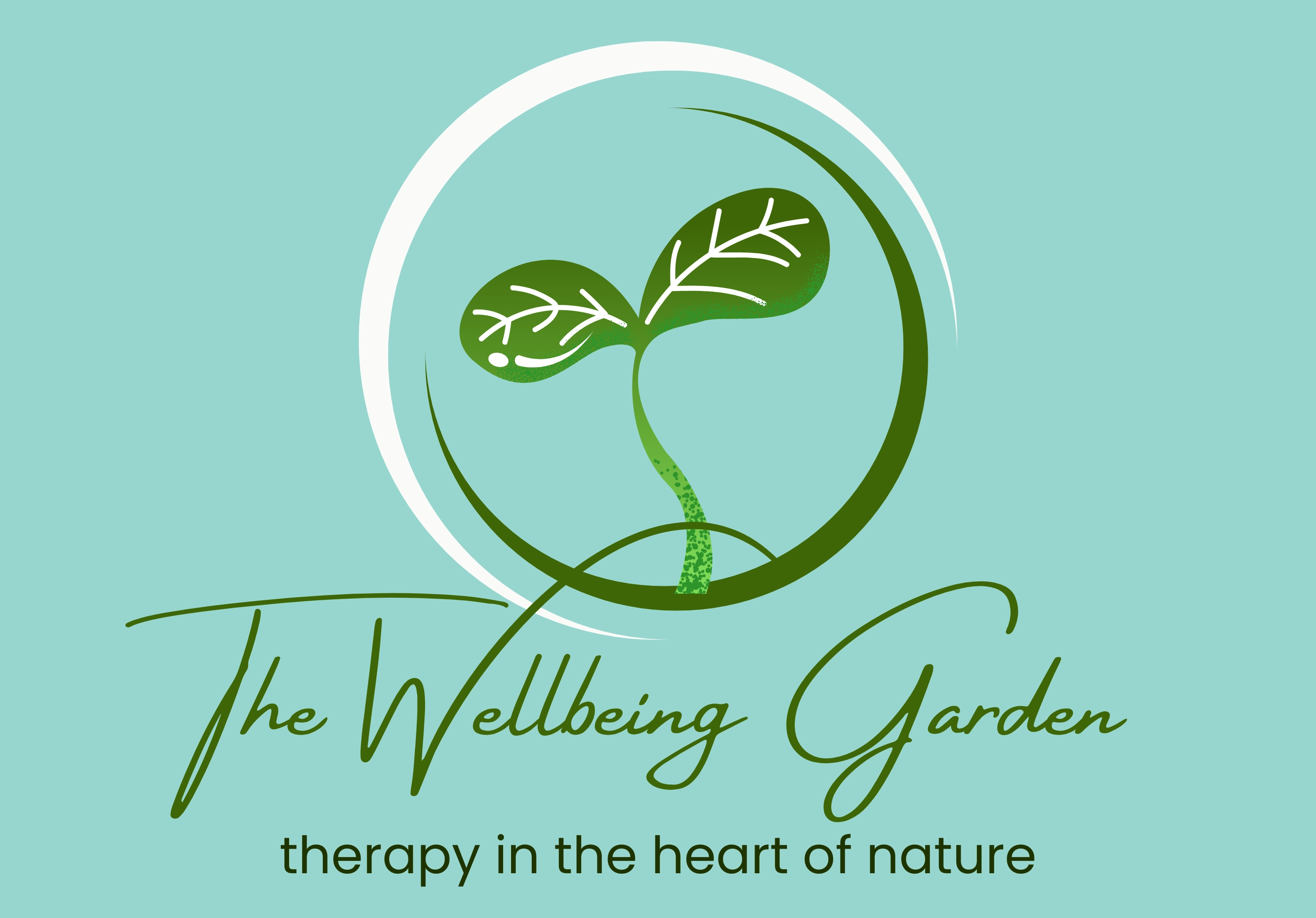The “P” word, is often excluded from our daily conversations, especially when it becomes problematic. The topic of pornography within the church is seen as even more a complex and sensitive topic, often eliciting strong opinions from various perspectives. As a person of faith and having studied an undergraduate degree in Theology, I am often asked to help support leaders in the church, struggling with porn addiction and porn usage, which often conflicts against their moral code. But despite trying to stop and trying to manage the negative and often catastrophic consequences porn brings, people cannot stop.
“Try harder to stop” isn’t ever a helpful statement.
Pornograpy needs addressing, responding to well.
If it’s gone beyond a habit, no matter how much you try to stop it and you just can’t, it may well be an addiction.
Like sex, pornography has been around since the dawn of time, with erotic illustrations found in caves in France thousands of years ago. Since printing was invented about 600 years ago, people have been enjoying erotic images until obscenity laws came into force to protect the public. Then came the dawn of the internet and pornography use was explosive. A growing consumption of internet pornography since then has become an increasing problem, mainly in the male population and is closely linked to compulsive sexual behaviour [Privara & Bob, 2023].
What are some of the triggers of excessive pornography use?
Some findings suggest the rise in use represents a defence mechanism against stress, to help with mood regulation, decrease depressive symptoms and anxiety and soothe against feelings of rejection, abandonment, loneliness and attachment issues. Other studies have suggested conflicting emotional experiences, moral conflicts and identity issues which can significantly increase vulnerability to addictive sexual behaviour and pornography consumption; that it is a response to deeper psychological needs rather than being about biological sex [Hall, 2021].
So, how can we open eyes and free lives from the grip of pornography that can damage and hinder so many? How can the church help porn users, and even their partners? How can we talk about pornography to find hope and help? With shame, fear of judgement and rejection, ex communication, let alone relationship breakdown, how easy is it for people to speak up and get help?
The church seeks to be the safest place on earth. We need to approach sufferers with compassion, care and without judgement. Silence keeps sufferers locked in darkness, secrecy and lacking in hope. I seek to change this narrative.
If you are suffering, if you are a user or a partner who is, come and talk to us.
Written by Helen Marton, Clinical Lead, WBG
07480 174498

